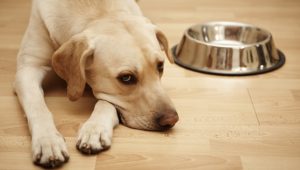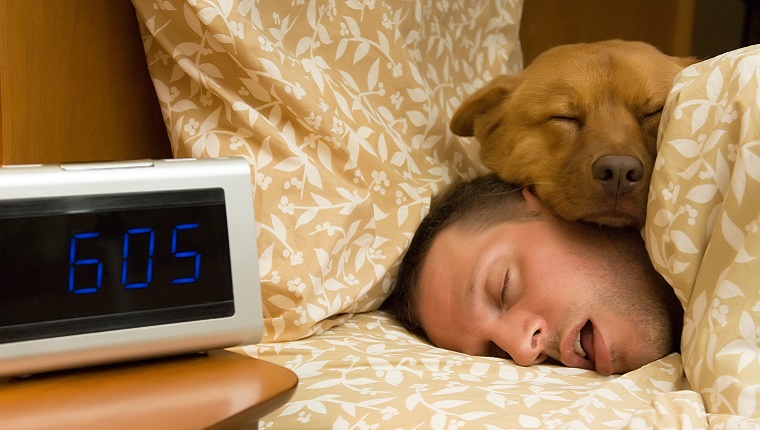Sunshine Saving Time finishes on Sunday, November third, 2019 at 2:00am. For people, the additional hour when Daylight Saving Time arrives at an end is an incredible method to get up to speed with rest. However, for hounds, the impacts can be altogether different. Creatures don’t set their schedules by the clock that we use as people to keep on plan. They have their very own circadian cadence a natural clock that causes them realize when to eat, rest, go potty, and do everything else in their day. So when people change the clock for the finish of Daylight Saving Time, it can influence hounds all the more emphatically. Here are a couple of ways your pooch may battle during this time and what you can do to enable them to alter.

Potty Time
Numerous pooches need to go outside for a potty break before anything else. At the point when you stay in bed for an additional hour, your little guy may be befuddled and sit by your bed hanging tight for you to put on your shoes and get the rope. On the off chance that you overlook their supplications, they probably won’t have the option to hold it in and should discover a houseplant or floor covering to do their morning business. Most pooches stick to normal potty occasions for the duration of the day, so it will take some time before they can acclimate to your new calendar.
Bolstering Time

In the event that your canine is accustomed to eating at a specific time, they may be somewhat disturbed when breakfast or supper is coming an hour late. Try not to be astounded if your little guy sits by their unfilled bowl, gazing toward you with their best “feed me” pup canine eyes. At the point when nourishment doesn’t come on schedule, your little guy may carry on by asking, biting things they shouldn’t bite, or attacking the trash jars.

Together Time
At the point when you get down to business, your canine misses you. You’re their family, their pack. They’ll most likely be glad to get an additional hour with you in the first part of the day, yet they anticipate that you should get back home when the sun is at one point in the sky. At the point when you return an hour late, particularly when the sun goes down, they can endure included nervousness. This pressure can prompt a wide range of undesirable conduct, including having mishaps or obliterating your possessions.

What You Can Do About It
You can help your dog prepare for the end of Daylight Saving Time in a way that will reduce stress or unwanted behavior. In the weeks leading up to the end of Daylight Saving Time, adjust your schedule by a few minutes at a time. Hold off on morning walks for a couple minutes. Don’t force your pup to hold it for long–just enough to get used to the new time. Feed your dog meals a bit later in weeks leading up to the time change so they can acclimate gradually. Run a short, few-minutes errand or two before you get home from work so your pup can adjust to you arriving when the sun is down. Most of all, pay extra attention to your dog’s needs during this transition. It is important to offer them extra comfort if they show signs of anxiety. As Daylight Saving Time ends, make sure you ease the effects of your new schedule on your dog. Enjoy the extra hour of sleep, but take steps to reduce your pup’s anxiety. This way you can make the Daylight Saving Time switch a positive experience, rather than a stressful one. And don’t forget to set your clocks back!
